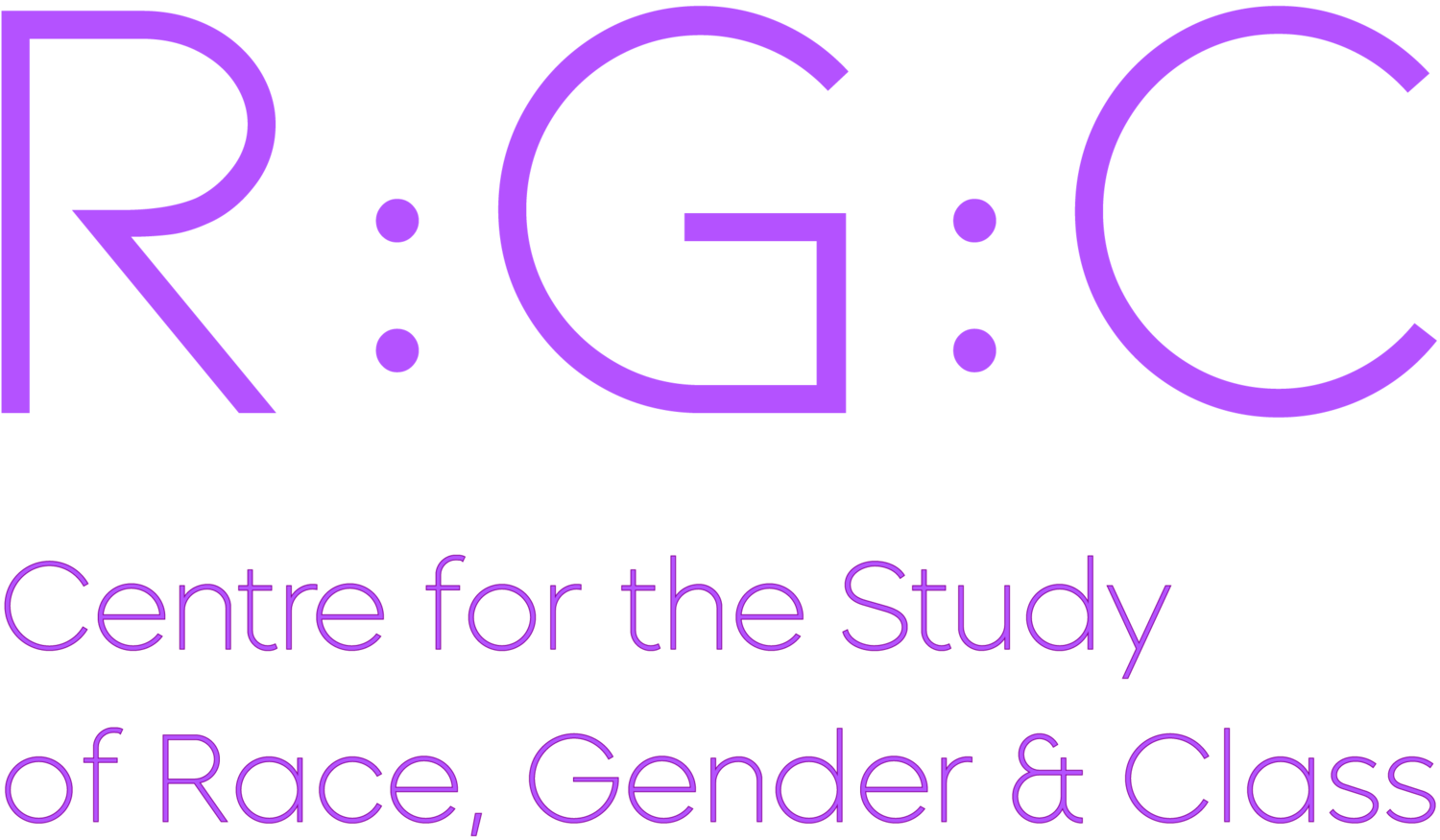Global Blackness Summer School ‘22 / Black Geographies, of Care
#1 “Surrender/Suture” / In conversation, Deborah A. Thomas & K’eguro Macharia (online)
- - -
In this intimate, speculative conversation, scholars and writers Deborah A. Thomas and K’eguro Macharia reflect on Black women’s creative practices as the creative, quotidian, tenuous but transformative enactment of repair. From their respective locations - Deborah in Jamaica, K’eguro in Kenya, each offers a word, an opening statement, a conceptual space of thought and work ‘in progress’ for us to inhabit, share and explore.
“Surrender”
Deborah: “I have been thinking about the reorientation of sovereignty claims that are not hinged to Western juridical norms and that do not address the state. I'm interested in other terms that might be useful in describing these modes of address, modes that are performative, processual, and affective. I've been playing with "possession" as one such term; one that invokes a condition of being that is not only material and juridical but also spiritual and erotic. Here, possession is meant to index an altered state of consciousness, time, and space caused by the inhabitation of humans by gods, ancestors, and other spirits, both eventfully and in the every day. In this way, I think, possession can undo the certainties of liberal possessive individualism, and lead us to the non-linear and non-extractive ways relation circulates and is transmitted. Another such term is "surrender," which I'm thinking of in relation to the giving over of oneself - to a movement, a person, a spirit or ancestor - as a practice of relinquishment that could lay out a different set of social and political possibilities. I'm thinking these terms through a number of different sites and communties, including the Charles Town Maroon community (and in particular, a recent apology offered by Chieftainness Gloria Simms for maroon complicity with British rule and plantation logics); practitioners of Kumina; women in central Jamaica who have been protesting the new highway being built by a Chinese company; and residents of Tivoli Gardens, still reeling from the 2010 incursion. The question I've been interested in is "how did you learn to surrender?"
“Suture”
K’eguro: I’m interested in Black women’s aesthetic practices as forms of suture. Whether it is how Yvonne Owuor imagines relations across Swahili Seas by foregrounding African and Chinese historical interactions in the novel Dragonfly Sea; or how Pauline Hopkins moves through myth and fantasy to imagine African and Black Diasporic reconnection in Of One Blood; or how Koleka Putuma weaves Black women’s intellectual and aesthetic genealogies through praise song, invoking and reframing geohistory as intimate practice; or how Sokari Ekine curated a blog, Black Looks, that moves through African and Black Diasporic geohistories, naming the urgencies of our ongoing crises, and inviting us to imagine freedom, across difference. I want to think about suture in two main ways: as repair and as invention. Suture as invention includes attempting different strategies to close wounds. Suture as repair names the many strategies created to name harm and to attempt to repair relation. Sutures are experiments, not guarantees. One attempts to hold the edges of wounds together and hopes that repair will happen, and that infection will not set in. One attempts to unstitch harm and to create conditions where repair might be possible. I'm interested in how sutures work across different scales: to address historical and contemporary devastation and to repair the quotidian harm that comes with living in relation, across difference.

